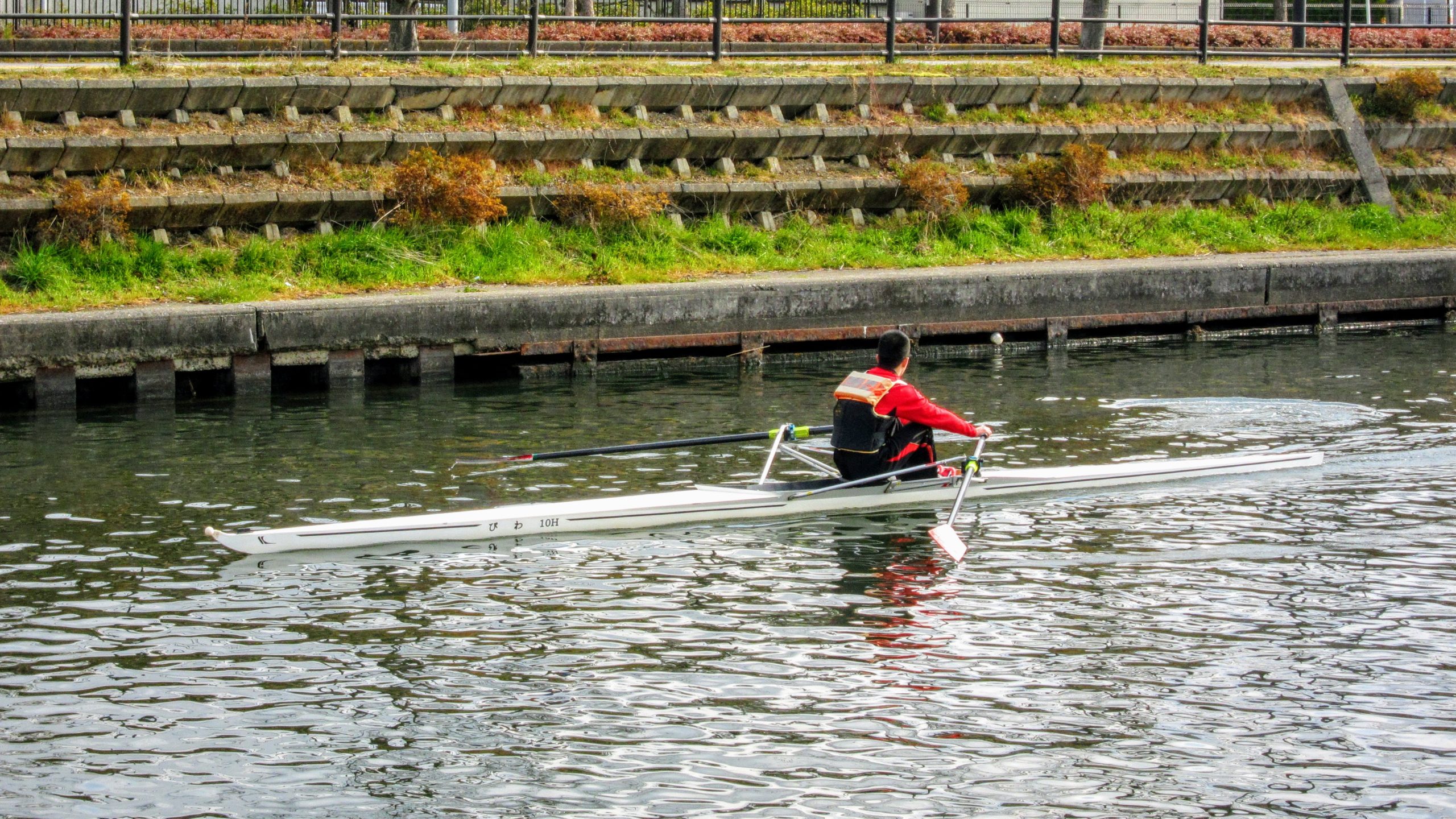Harassment and the Law in BC
Today Vancouver lawyer Tom Spraggs discusses harassment and the law in BC and remedies that victims of sports harassment can seek.
What is Harassment in BC? What Laws Cover It?

Tom Spraggs (TS): Society appears to be in a state of transformation. No longer are people prepared to accept behaviour that the law has deemed unacceptable for many years. A healthy understanding of legal rights is, in my view, one of the best ways to promote healthy standards and intervene in deteriorating situations before serious harm is done.
There is no defined tort or civil law definition of “Harassment.” The plain English definition describes harassment as being persistent and unwanted behaviour that causes humiliation and/or physical or mental harm. When this is unpacked in law, it often encompasses a number of civil torts and human rights considerations and sometimes concurrent criminal prosecutions against the offender or offenders.
While not all unpleasant or unwelcome behaviour is illegal, awareness of these issues can help to establish a community where people aspire to be their best selves as opposed to tolerating improper negative interactions. Sometimes interactions are unpleasant but would not attract legal considerations. On the other end of the spectrum, harassment can be criminal.
Criminal harassment is set out in the Canadian Criminal Code through provisions dealing with assault (265), harassment (264) and threats (264.1).
Section 264 of the Criminal Code outlines harassment as the following prohibited behaviours and conducts:
(a) repeatedly following from place to place the other person or anyone known to them;
(b) repeatedly communicating with, either directly or indirectly, the other person or anyone known to them;
(c) besetting or watching the dwelling-house, or place where the other person, or anyone known to them, resides, works, carries on business or happens to be; or
(d) engaging in threatening conduct directed at the other person or any member of their family.
If you feel you are being criminally harassed, it is important to consider discussing those concerns with the police. People who have been criminally harassed also have concurrent civil rights to sue for damages in addition to Human Rights considerations.
The British Columbia Human Rights Tribunal may factor into harassment experiences if there is a breach of the Human Rights Code.
Sports Harassment and the Law in BC
Sport organizations at various levels tend to adopt a plan of safe sport and policy standards; however, discipline is typically limited to offenders being removed from the program. I’m glad to assist people in my capacity as a lawyer who would benefit from help in these areas. Another area of assistance is encouraging sporting boards and associations, parents and fellow athletes to have some improved awareness about acceptable boundaries, prevention of misconduct is the best remedy of all.
What Are a Couple of Common Scenarios of Sports Harassment in BC?
(TS) Some of the most obvious forms of sports harassment are incidents of hazing from other athletes or peers that often include improper and tortious physical or mental abuse from coaches. Sometimes this misconduct can be from spectating parents verbally abusing players and officials.
What Makes It Difficult for People Who Experience Harassment in Sport to Come Forward and Seek Help?
(TS) This is a tough question and I can only assume that the power dynamics that are most often significantly imbalanced against victims are the main reason.
Survivors of assault within sport often do not want to come forward if they feel it will be a scenario where it is their word against a well-liked or influential coach. Often, they hope the abuse is temporary which may be correct. The scars of the abuse may often be long lasting or permanent and should be treated professionally.
Additional reasons why people stay silent likely also involve fear of losing a spot on a team which comes with additional falling out from opportunities like scholarships, friendships on the team, or missing out on the sport itself. These negative and often tortious interactions cause victims to suffer, physically, emotionally and psychologically. I think it’s very important to talk with someone outside of that environment and get help to see things more clearly as early as possible.
Parents and guardians can have the right intentions but can also have warped perceptions about the need to tolerate improper behaviours. The culture around harassment is curious and studies are developing to help better understand where things can go terribly wrong that result in the many criminal cases we hear about in the media and the numerous civil cases that often result in private resolution.
Internal policies at Universities and sports association boards are often not the final say but may often help to define standards for their community. How those matters are handled can often create administrative law considerations relating to their own reviews. Many victims still have the option of civil remedies and always retain the ability to report criminal behaviour.
What Are Some Remedies That People Who Have Experienced Sports Harassment Can Seek?
(TS) Monetary damages are the usual remedy for any civil case. As a civil lawyer, that is my focus. Sometimes there is concurrent and overlapping action from the government who may prosecute offenders seeking criminal sanctions to protect the public and punish the behaviour.
What most people don’t fully understand about civil legal proceedings is that there is a lot more going on that is confidential, usually on a “without prejudice” basis which simply means it is not something that is evidence to be considered or determined by a court. Given the confidential nature of legal proceedings as a function of a rule called the “implied undertaking rule”, there are often good outcomes through negotiations before a matter needs to actually go to trial.
While the Courts do not have jurisdiction to force a party to apologize or take steps to improve a potentially systemic problem, litigation may often have that effect as a deterrent against improper conduct. Negotiations can be creative and I personally encourage parties, where possible, to see if there is a pathway that will allow for some degree of reconciliation on the issues before seeking a final order of a Court for pecuniary damages.
If you feel that you need help, you should consider speaking with a lawyer who can provide a confidential consultation and if necessary, legal action.
Need Help With a Legal Issue? Contact the Team at Spraggs Law
Do you need help with a legal issue? The team of lawyers in Vancouver at Spraggs Law can help. Give us a call at 604 359 1627 or contact us online for a free consultation to discuss how we can offer personalized assistance based on your circumstances.
Please note: This article does not contain legal advice. If you would like advice on your specific situation, please contact Spraggs Law.
